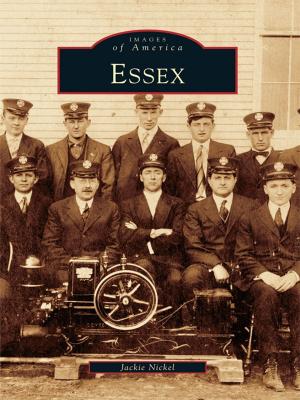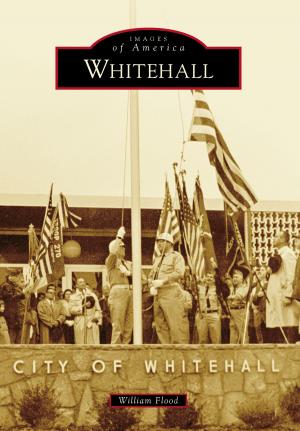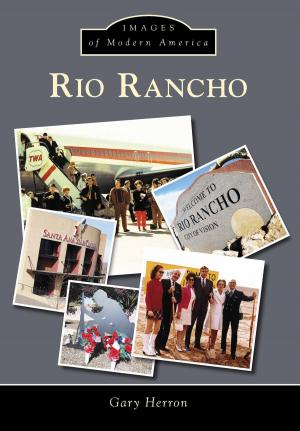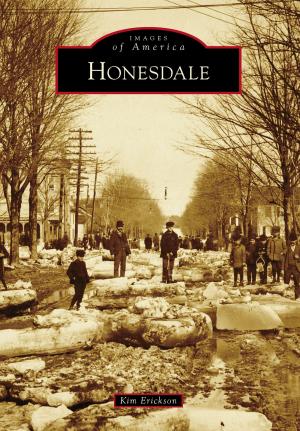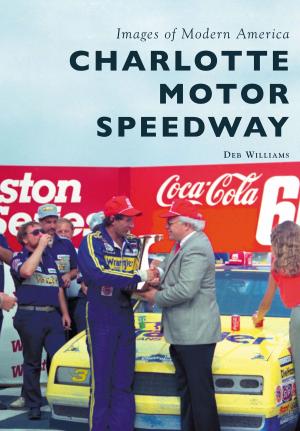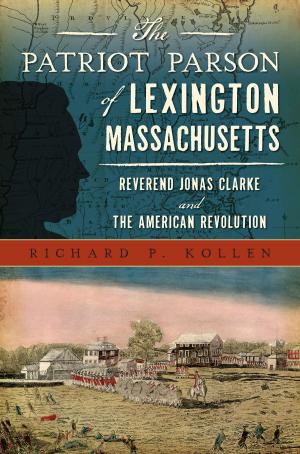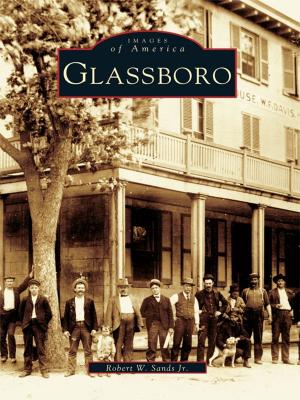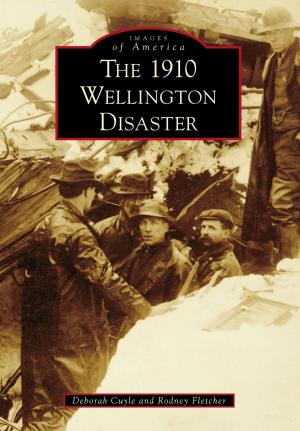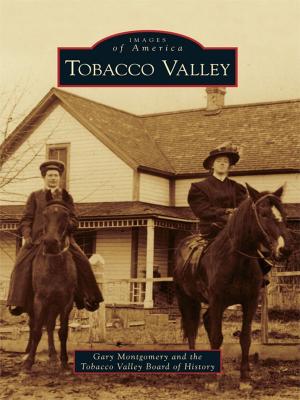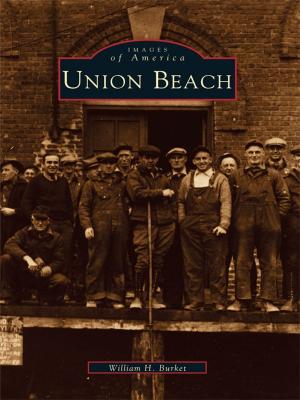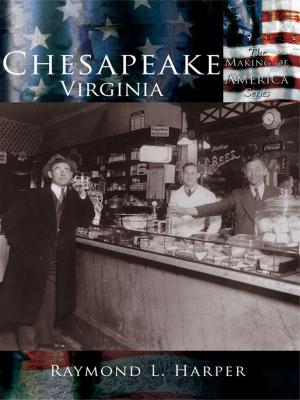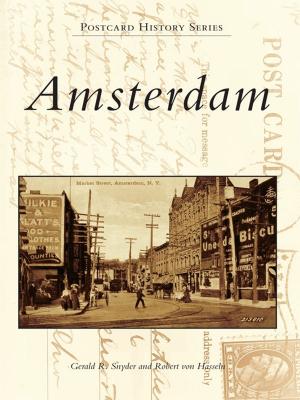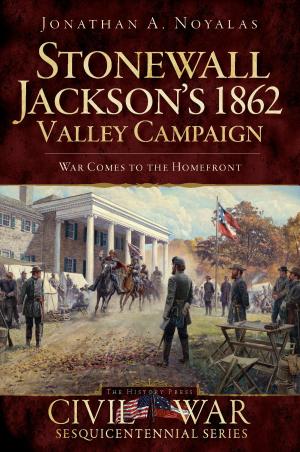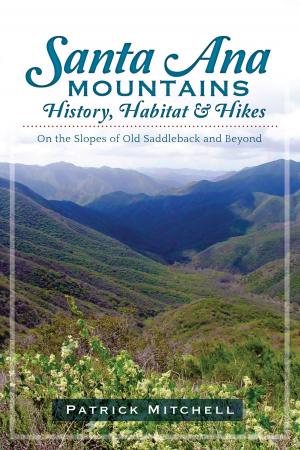| Author: | The City of Sugar Land | ISBN: | 9781439639658 |
| Publisher: | Arcadia Publishing Inc. | Publication: | November 29, 2010 |
| Imprint: | Arcadia Publishing | Language: | English |
| Author: | The City of Sugar Land |
| ISBN: | 9781439639658 |
| Publisher: | Arcadia Publishing Inc. |
| Publication: | November 29, 2010 |
| Imprint: | Arcadia Publishing |
| Language: | English |
Sugar Land�s earliest settlers arrived in the 1820s with Stephen F. Austin, �the Father of Texas.� Originally named Oakland Plantation, the area was planted with cotton, corn, and sugar cane, and by 1843, it had its own sugar mill. Benjamin Franklin Terry, famous for leading Terry�s Texas Rangers, and William Jefferson Kyle purchased the plantation in 1852 and were the first to name it Sugar Land. Col. Edward H. Cunningham, a Confederate veteran, later bought the property and built the first sugar refinery as well as a railroad to transport cane from nearby plantations. Under his ownership, a fledgling town emerged that included a store, post office, paper mill, acid plant, meat market, boardinghouse, and depot. The town, refinery, and surrounding 12,500 acres were acquired by Isaac H. Kempner and William T. Eldridge in 1908. Their vision resulted in Imperial Sugar, a thriving business and company town.
Sugar Land�s earliest settlers arrived in the 1820s with Stephen F. Austin, �the Father of Texas.� Originally named Oakland Plantation, the area was planted with cotton, corn, and sugar cane, and by 1843, it had its own sugar mill. Benjamin Franklin Terry, famous for leading Terry�s Texas Rangers, and William Jefferson Kyle purchased the plantation in 1852 and were the first to name it Sugar Land. Col. Edward H. Cunningham, a Confederate veteran, later bought the property and built the first sugar refinery as well as a railroad to transport cane from nearby plantations. Under his ownership, a fledgling town emerged that included a store, post office, paper mill, acid plant, meat market, boardinghouse, and depot. The town, refinery, and surrounding 12,500 acres were acquired by Isaac H. Kempner and William T. Eldridge in 1908. Their vision resulted in Imperial Sugar, a thriving business and company town.

